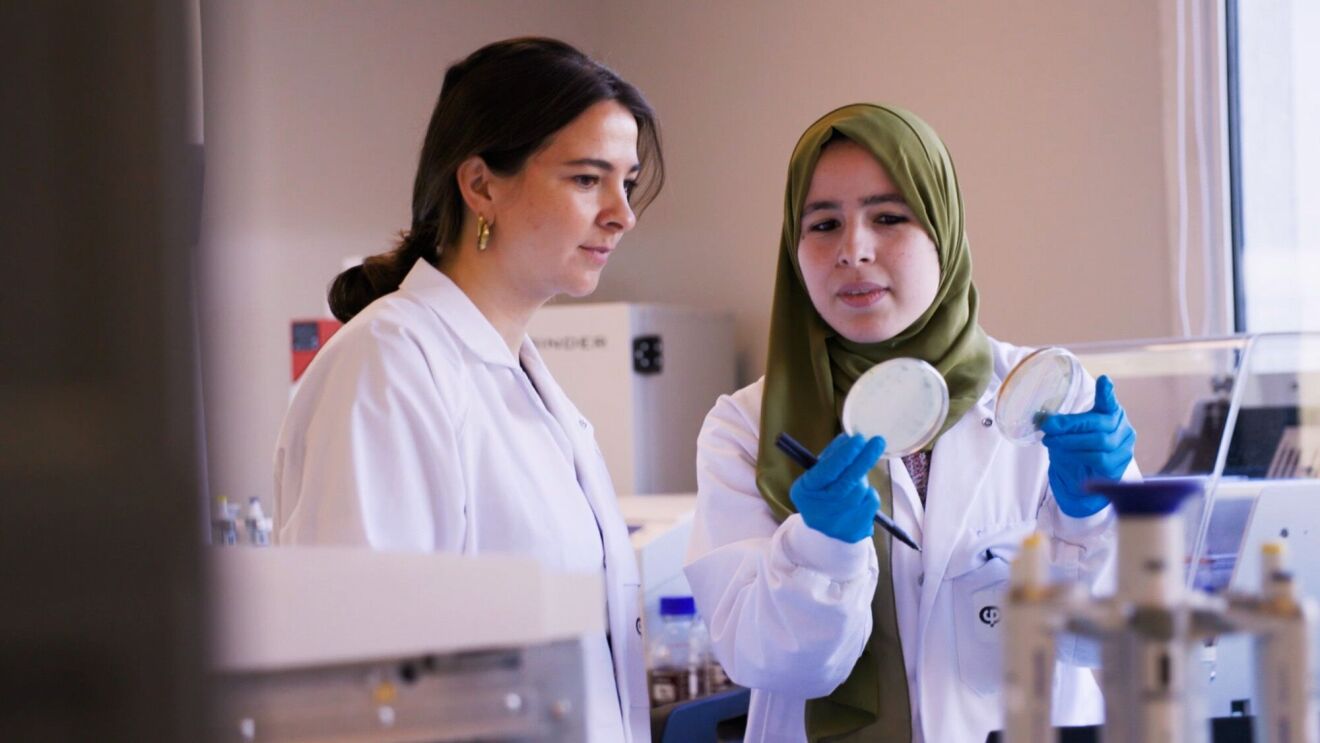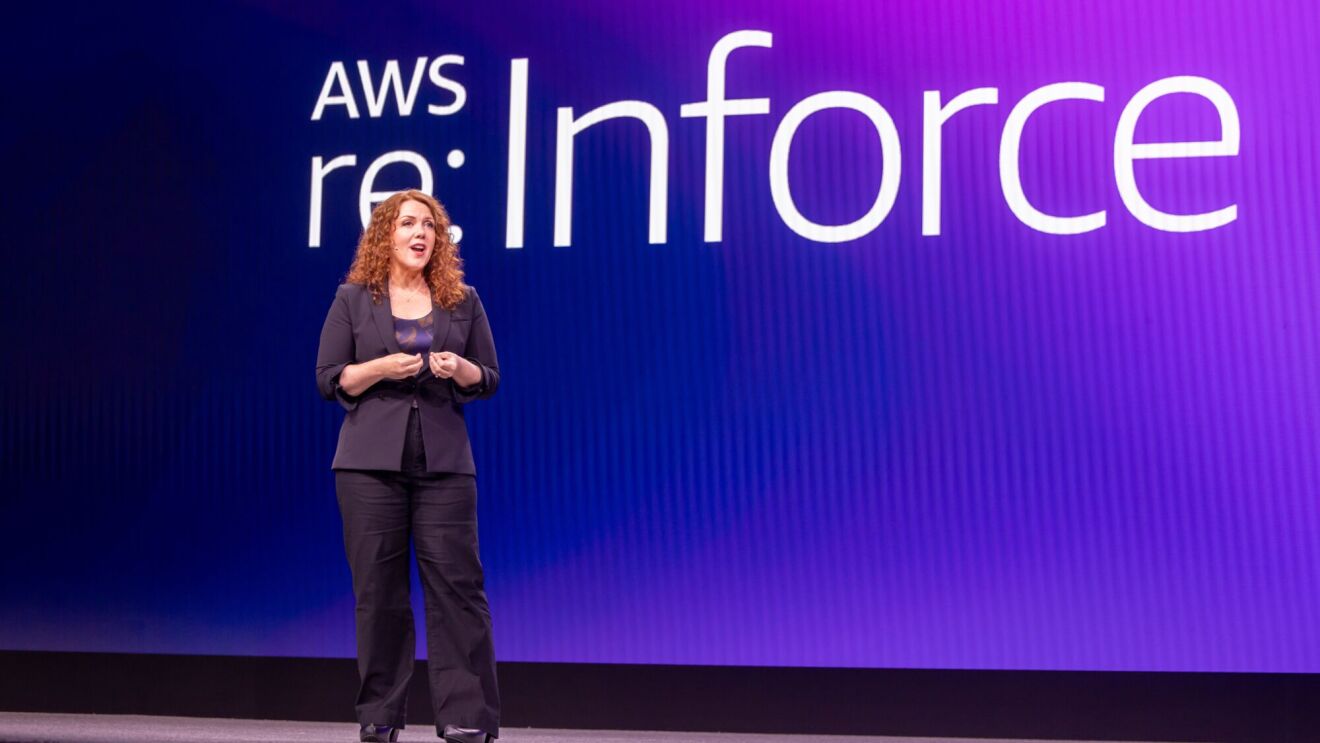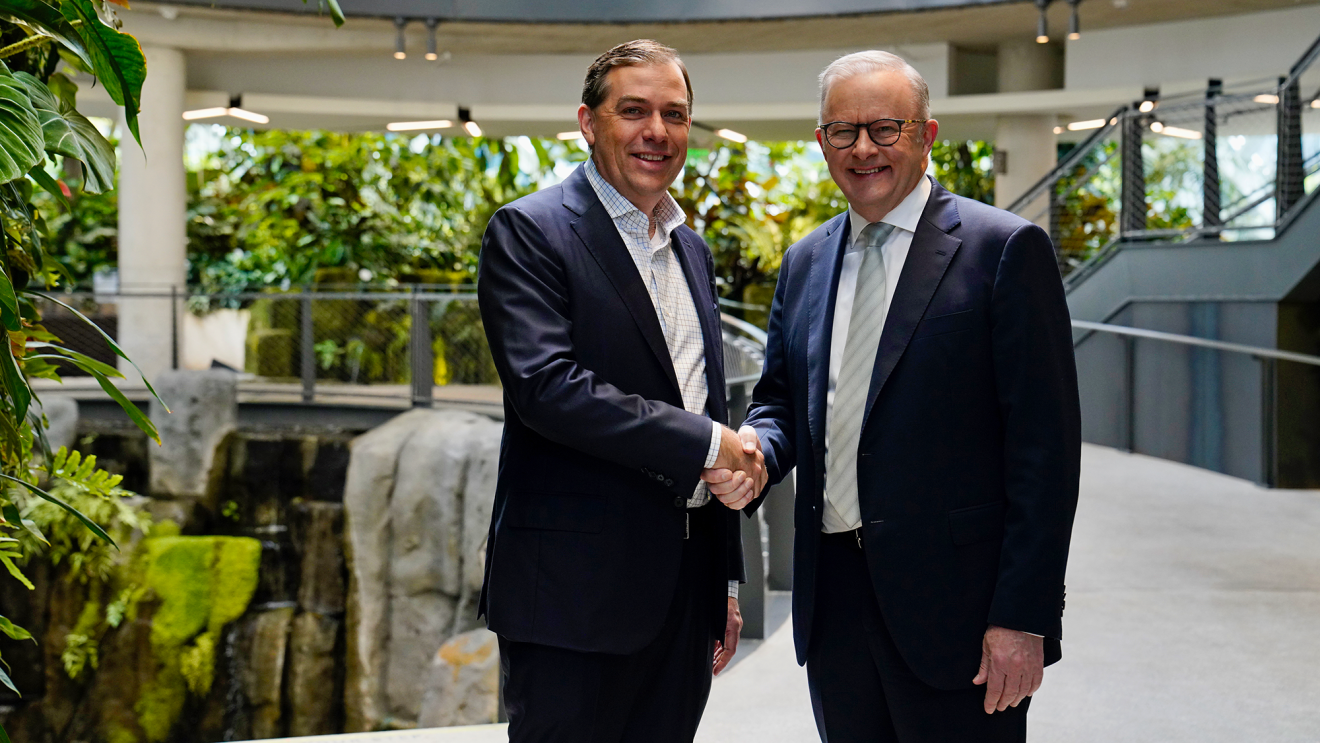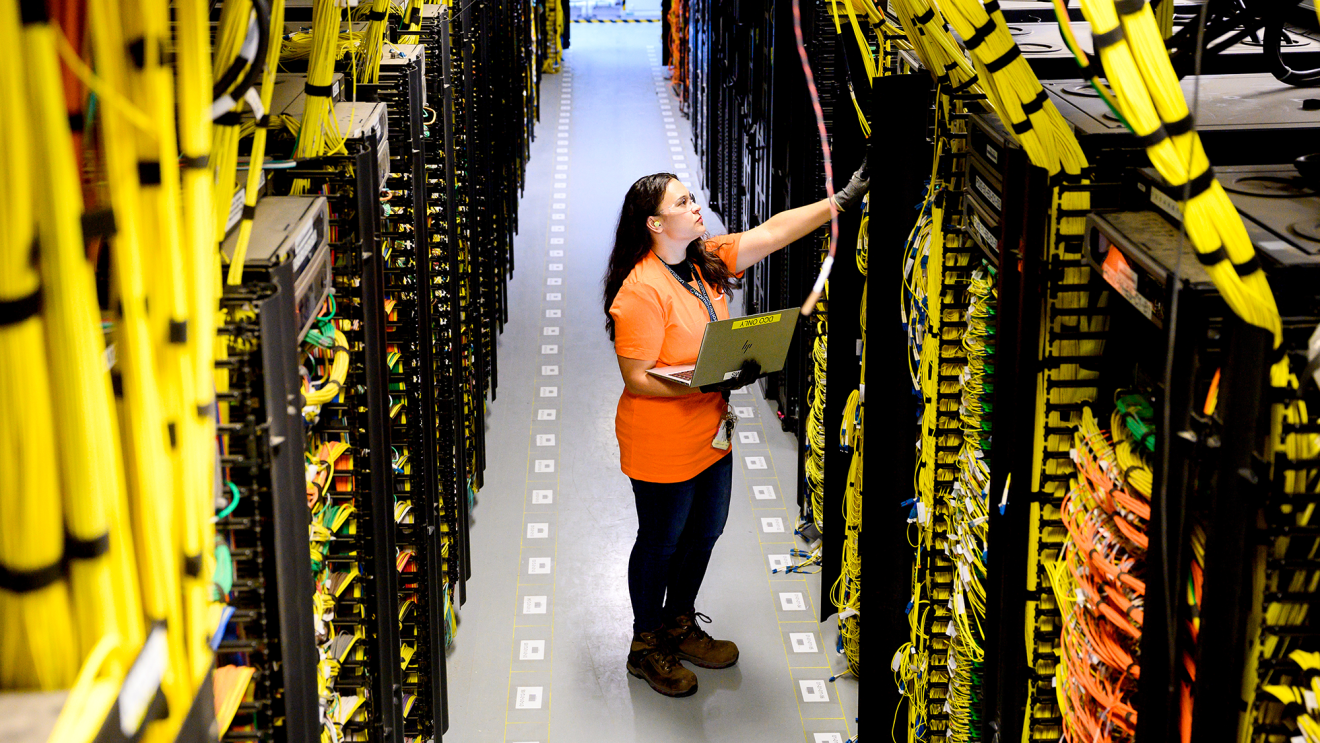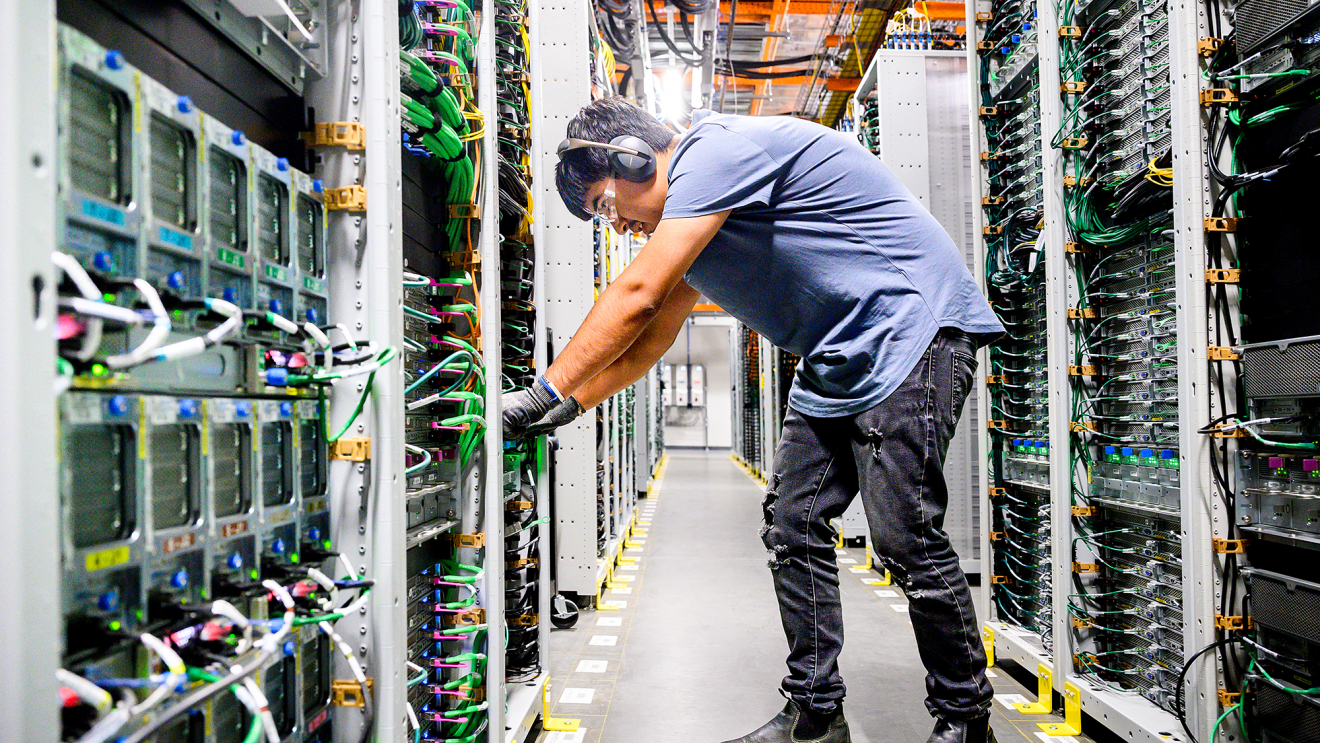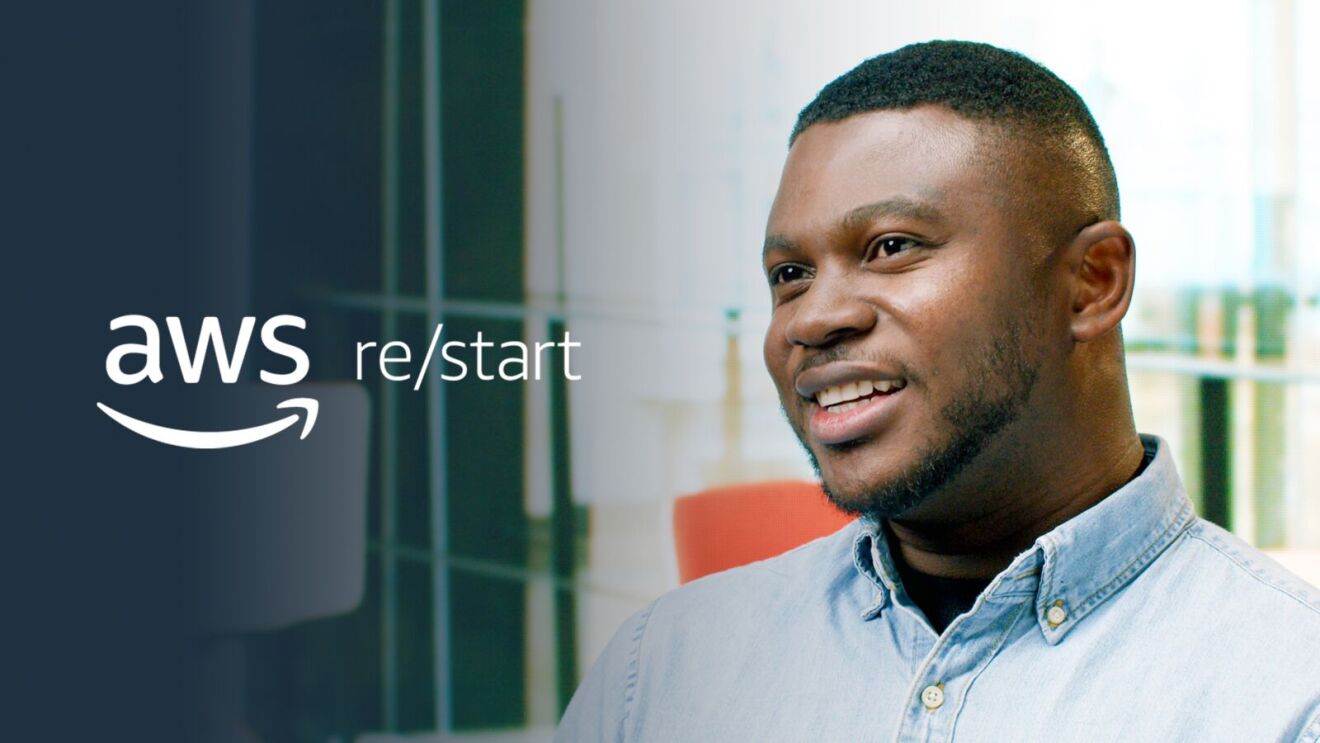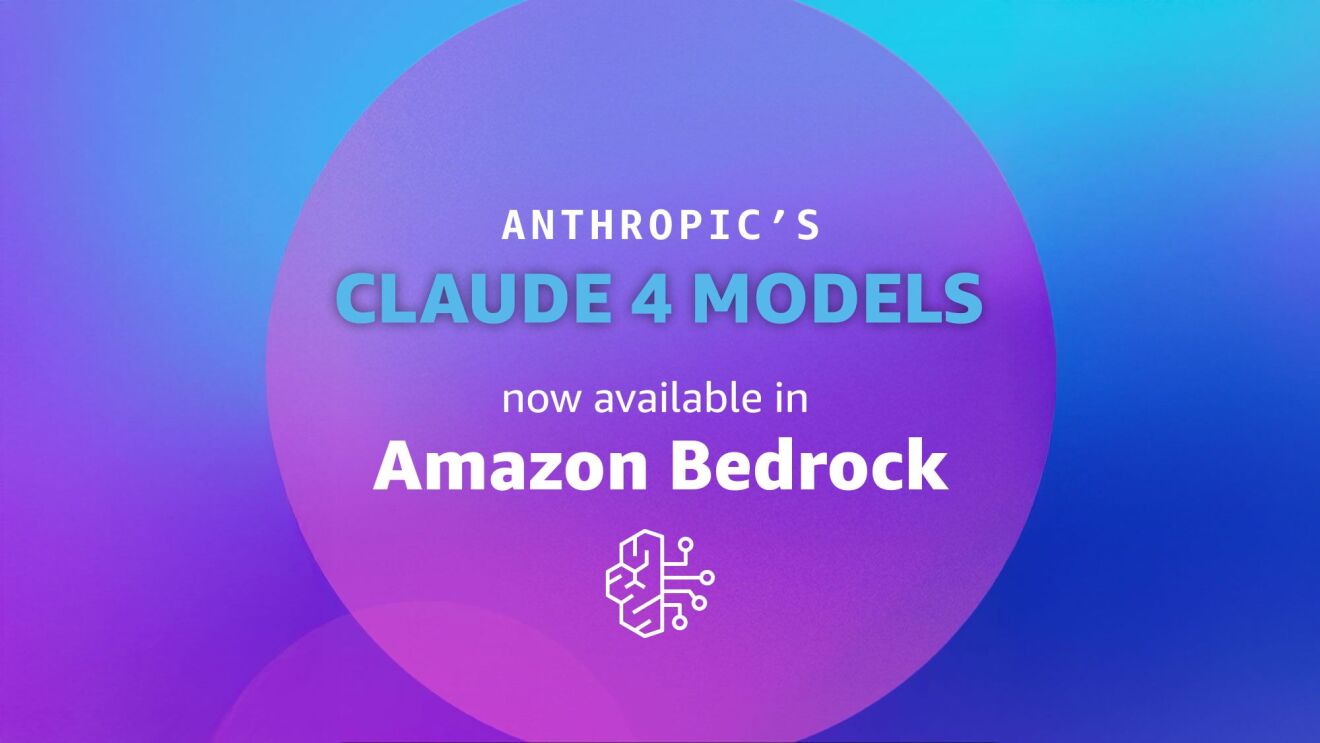AWS Vice President of Data and AI Swami Sivasubramanian participated in an event convened by the State Department and hosted by U.S. Secretary of State Antony Blinken, in connection with the United Nations General Assembly, on how generative artificial intelligence (generative AI) can help solve some of our biggest societal challenges—specifically when it comes to the U.N. Sustainable Development Goals (SDGs).
Although AI existed when the SDGs—a set of 17 shared global goals designed to achieve a “better and more sustainable future for all”—came into force in 2016, the arrival of generative AI was still far off, and no one was really talking about the role it might play in helping to achieve them. Now, as 2030 (the target year to accomplish the SDGs) gets closer, governments and organizations are increasingly looking to AI to help with everything from disaster preparedness to early disease detection and discovery to bridging language barriers and enhancing education for more people.
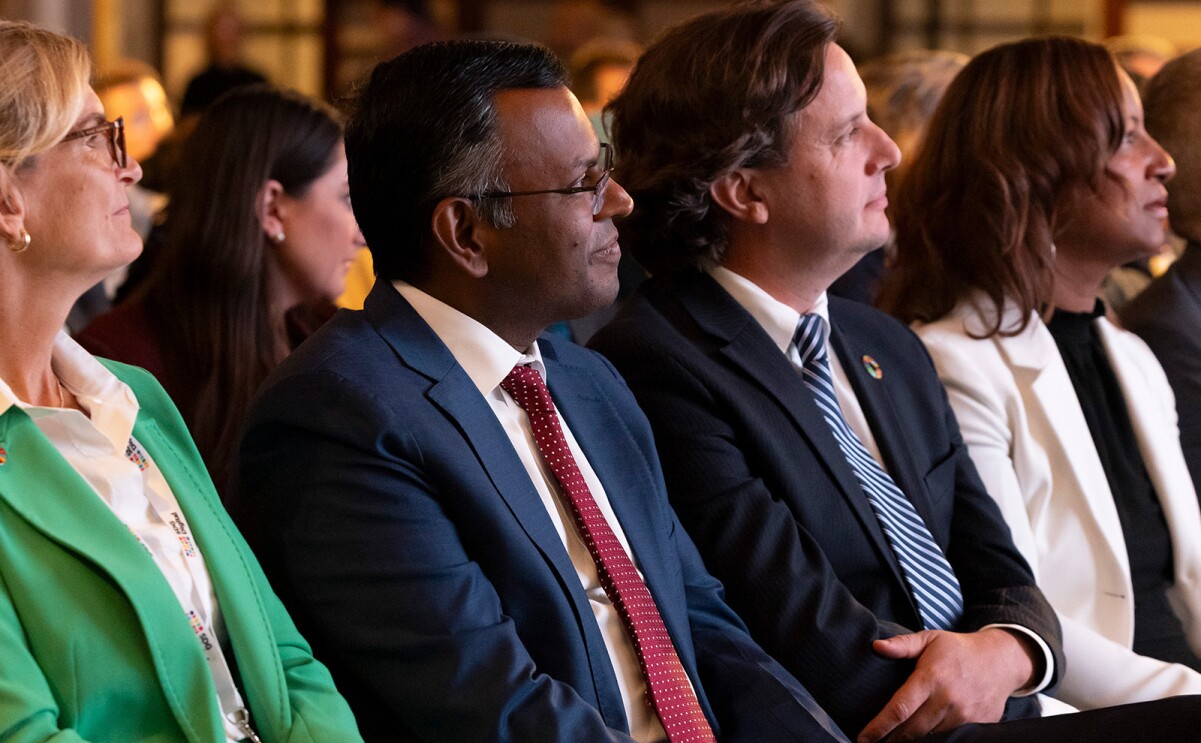 AWS VP Swami Sivasubramanian (second from left) and fellow attendees at the U.N. AI Summit in New York City.
AWS VP Swami Sivasubramanian (second from left) and fellow attendees at the U.N. AI Summit in New York City.Sivasubramanian, who describes AI as “the most transformative technology of our generation,” presented alongside Dr. Kingsley Ndoh, founder of Hurone AI, at the AI for Accelerating Progress on the Sustainable Development Goals: Addressing Society’s Greatest Challenges event during the U.N. General Assembly in New York. Hurone AI, a startup that’s been using AI to improve treatment access for cancer patients in Kenya, Nigeria, and Rwanda, is one of more than 90 organizations to receive cloud credits—an allotment of free AWS services—as part of the AWS Health Equity Initiative, a three-year, $40 million commitment to help advance health equity globally and contribute to the SDGs. Hurone AI is now using Amazon Bedrock, a new service for building and scaling generative AI applications, to build applications for oncology care.
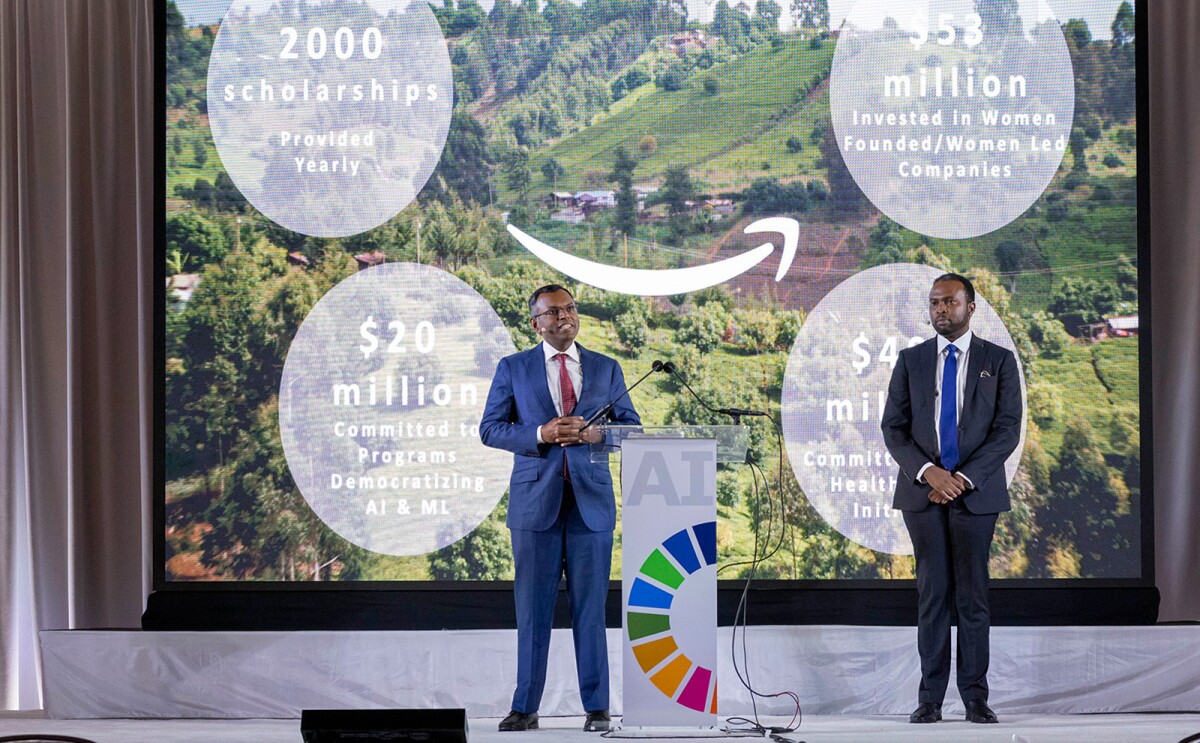 AWS VP Swami Sivasubramanian (left) and Dr. Kingsley Ndoh, founder of Hurone AI (right), presenting at the U.N. AI Summit in New York City.
AWS VP Swami Sivasubramanian (left) and Dr. Kingsley Ndoh, founder of Hurone AI (right), presenting at the U.N. AI Summit in New York City.1. We can only truly benefit from AI if we democratize access to it
Ensuring that everyone, everywhere, regardless of their income level, has access to the same knowledge and resources is the only way we can truly take advantage of AI. It’s why governments, businesses, and organizations around the world are investing in programs to increase digital skills and improve the infrastructure that these technologies rely on. Sivasubramanian—who drew on his own experience growing up in India with only a single computer at his school—emphasized the importance of making AI accessible to all. It’s why, he said, AWS launched the AWS AI & ML Scholarship program, to award 2,000 scholarships to students every year, an initiative to which we’ve already committed $20 million since 2021.
2. The quality of information is what matters
Anthony W. Marx, president of The New York Public Library, was first (but not last) to point out that the most-used public research library on the planet was a fitting venue to discuss a technology that promises to unlock the knowledge embedded in human language—both in physical institutions and online. What’s vital, stressed Marx, is that this information is coming from the most authoritative and trustworthy sources, as well as a variety of voices and perspectives.
3. We must protect human progress and welfare
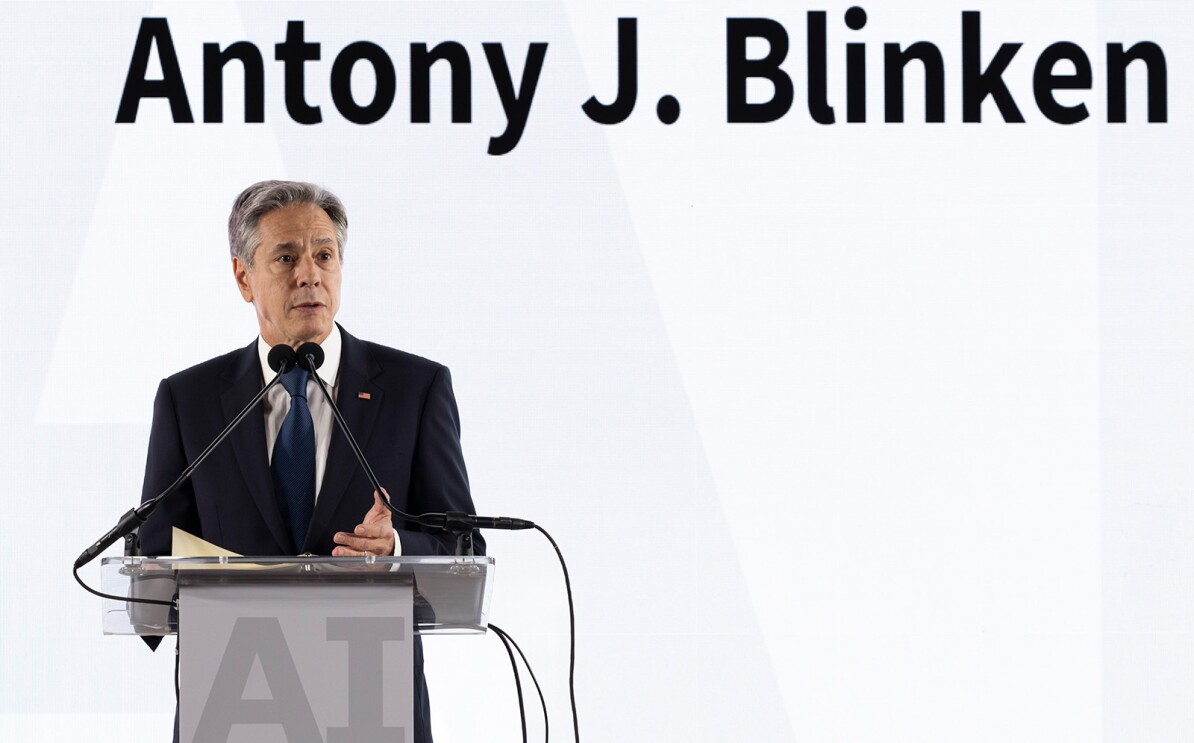 U.S. Secretary of State Antony Blinken speaking at the U.N. AI Summit in New York City.
U.S. Secretary of State Antony Blinken speaking at the U.N. AI Summit in New York City.U.S. Secretary of State Antony Blinken described the present moment as an “inflection point,” and all speakers touched on the idea that the decisions being made today will likely have an enormous impact on the world for decades to come. Everyone agreed that generative AI is bringing about a tremendous pace of change, enabling people to do things that might have seemed impossible only a year ago. Maximizing the opportunity while minimizing the danger was paramount—with foreign ministers from the co-convening countries describing investments their governments are making in AI governance frameworks to safeguard their citizens.
“It only makes sense if we are protecting human progress and welfare,” said Secretary of State for Digitization and Artificial Intelligence of Spain Carme Artigas.
4. Scaling requires investment at the local level
From helping visually impaired students in Nigeria to read printed text and navigate environments independently to enabling small holder farmers attain a credit profile to buy equipment and agricultural impacts, AI is already having a concrete impact in many countries. Scaling these projects will require investment in capacity building at the local level, from facilitating knowledge sharing and learning to training people to take responsibility for the veracity of the information they are using and investing in more inclusive practices.
5. AI is not confined to one country
The importance of working together was underlined again and again. Everyone agreed that harnessing the potential of AI while mitigating its risks can’t be up to one government or solo business venture. It will take huge multi-stakeholder approaches, at regional and at international levels, to find new ways of regulating, cooperating, and legislating, so AI can help make the world safer, healthier, and more prosperous.
Trending news and stories




